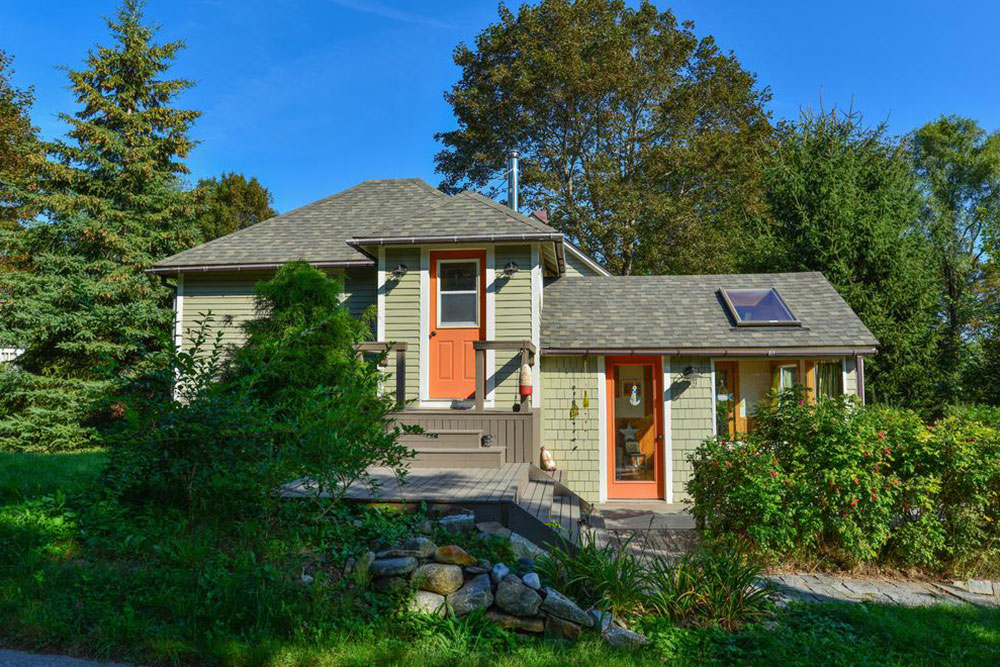Essential facts about modular homes
Construction of homes has come far over time, with a plethora of options, not only of building material and style but also the process of construction itself. While traditional construction consisted exclusively of building homes at the site, ground up, starting from the foundation, using locally available materials, today we have the choice of building in situ, or building off-site in an enclosed space, and then moving the house to its permanent spots.
Modular homes, also called prefabricated (or ‘prefab’) homes, are built in this manner. Sections of the house are designed and built in a factory setting and then moved to the site where they are assembled and fitted together.

A lot of people have the misconception that a prefab home must be limiting in design and style choices. This is not true, as designs are customizable, and can be made to suit the taste and needs of the homeowner. It is possible to have homes ranging from small and compact to large and roomy from a cozy log cabin, to a stunning chalet.
Modular construction provides some distinct advantages over other forms of construction.
Since prefab homes need to survive transportation, they are naturally stronger than traditional homes, with extra reinforcements in the joints. Consequently, they offer better resistance to wind and weather, making them excellent choices for areas prone to harsh weather and hurricanes.
Modular homes are gaining traction across the country. In areas with high cost of living, these homes provide a significant cost advantage. However, densely populated areas often face the restriction of restricted width, because of the narrower roads. Traditional home designs are popular in the south-eastern coastal belt, with its windy weather that requires extra-strong construction. For the same reason, modular homes are popular in the hurricane belt, in the central plains.
Best of all, modular homes can also be made very energy efficient, giving you a green home. Given their various advantages, it is no surprise that homes built-offsite are gaining immense popularity from coast to coast.

